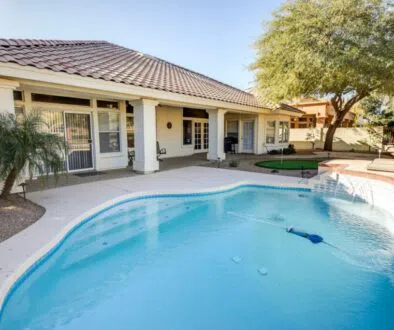Pool Heat Pump Running Costs: Straightforward Explanation
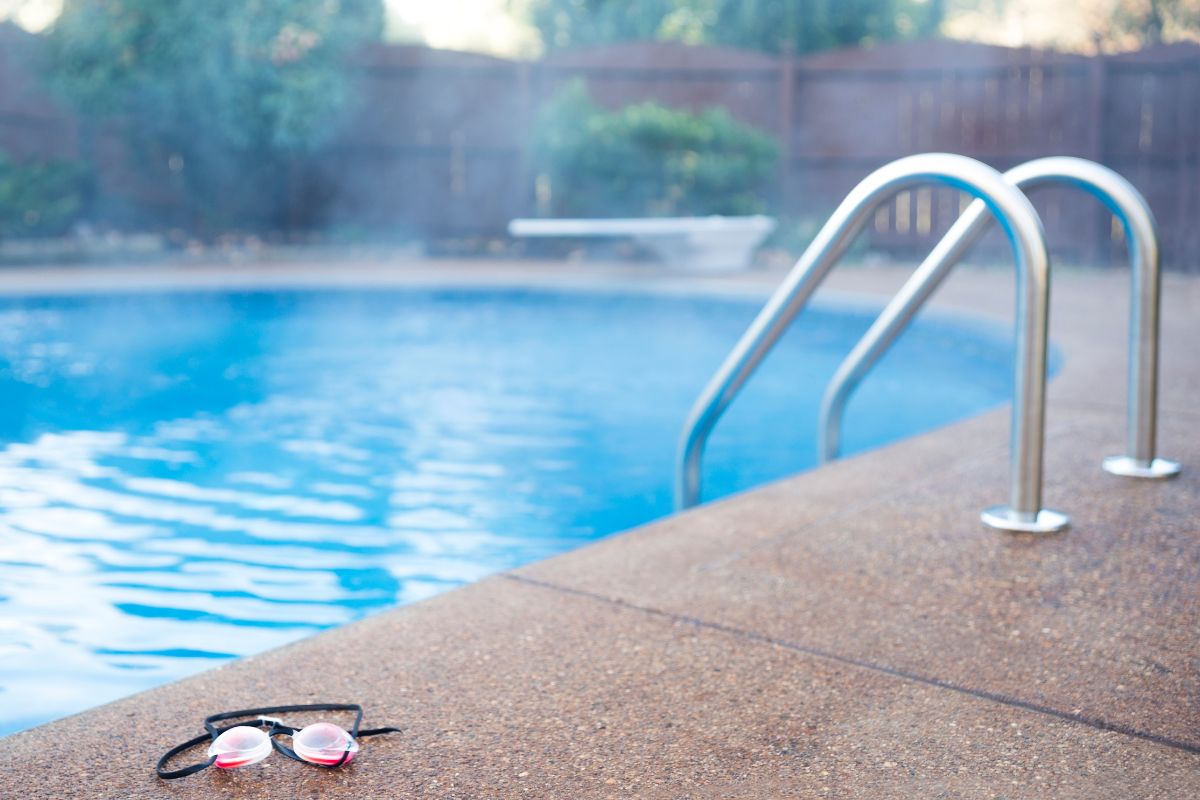
Published June 18, 2024
“Are you considering installing a swimming pool? Picture this: taking a refreshing dip on a hot summer day, but the water is too chilly to enjoy. Owning a pool can be enjoyable, but it’s essential to maintain the perfect water temperature for maximum enjoyment. With numerous pool heating options, pool heat pumps stand out for their unmatched cost and energy efficiency. Don’t let cold water ruin your swim.
In this article, we’ll explore the factors affecting pool heat pump running costs, along with tips to help reduce operational expenses. Are pool heat pumps worth it? Continue reading to know more.
What Is A Pool Heat Pump?
A pool heat pump is an ideal investment if you prioritize energy-efficient devices. It warms your pool water by pulling heat from the air. It then transfers the heat into the water through a heat exchanger. Unlike traditional gas heaters, heat pumps consume minimal electricity. Doing so makes them a more sustainable and cost-effective option in the long run. If you want to ensure a good head start, consider partnering with a reputable provider of Boca Raton pool services.

Factors Influencing The Cost Of Running A Pool Heat Pump
Several factors influence the cost to run pool heat pump. Knowing these elements can help pool owners. They can better manage costs and keep water at the right temperature.
- Pool size and volume. The dimensions of your pool significantly affect the energy required for heating. Larger pools demand more energy, resulting in increased operational costs.
- Desired temperature Increase. A more considerable temperature difference means more energy use. It’s between the current water temperature and your target.
- Climate and seasonal variations. Ambient air temperature dramatically influences the efficiency of your heat pump. In warmer climates, heat pumps operate more efficiently, reducing costs. However, modern heat pumps are also effective in cold places. Some models work in temperatures as low as -15 degrees C.
- Electricity rates. Local electricity rates will considerably impact the running costs of your pool heat pump. Areas with higher electricity prices will face proportionally higher operational expenses.
- Heat pump efficiency (COP). The Coefficient of Performance (COP) measures a heat pump’s efficiency. Higher COP values represent more efficient heat pumps, resulting in lower running costs.
Calculating The Operating Costs Of A Pool Heat Pump
If you want to estimate the operational heat pump pool heater cost, you should take into consideration the following:
- Energy efficiency. Check the heater’s Coefficient of Performance (COP) rating, indicating energy efficiency. A higher COP means lower operating costs.
- Electricity rate. Determine the cost per kilowatt-hour (kWh) of electricity in your area.
- Pool size. Calculate your pool’s volume in gallons or cubic meters.
- Heating duration. Estimate the daily hours and annual days the heater will be in use.
To find the hourly operating cost, multiply the heater’s energy consumption (in kWh) by the electricity rate. Then, multiply this by the daily operational hours and the number of days per year to determine the annual operating cost.
Average Cost To Run Pool Heat Pump In Different Regions
Operating costs can vary significantly based on local electricity rates and climate conditions. Warmer regions generally face lower heating expenses due to higher ambient temperatures.
Pool heater pump prices range between $1,500 and $5,000 to purchase and install, depending on factors such as size and efficiency. However, their yearly operational costs are usually lower than those of gas or electric resistance heaters.
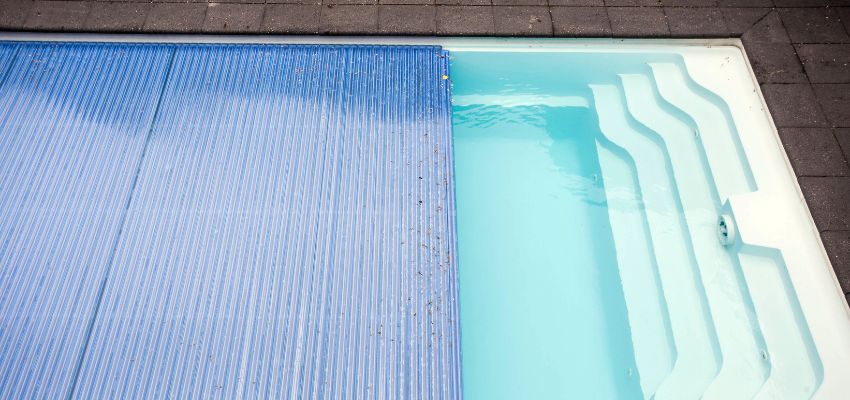
Strategies To Minimize Operating Costs Of A Pool Heat Pump
Running a pool heat pump can be costly, but you can significantly reduce operational expenses with the right strategies. Here are some practical tips to help reduce the pool heat pump running costs while maintaining an optimal pool temperature.
- Regular maintenance. Regular maintenance keeps your heat pump efficient and reduces energy and running costs. This includes cleaning filters and checking refrigerant levels. You should also service the system often to prevent issues.
- Using a pool cover. A pool cover reduces heat loss by preventing evaporation and retaining warmth. This allows your heat pump to work less and save energy. Additionally, it helps keep debris out of the pool, reducing the workload on your pool filtration system.
- Optimize usage. Schedule heating cycles during non-peak electricity hours. This will let you take advantage of lower rates and cut energy costs. A programmable thermostat can automate this process, ensuring your pool maintains the perfect temperature without wasting energy.
- Invest in an efficient model. Opt for high-efficiency models, which offer better performance and lower operational costs. These models often have advanced features like variable-speed compressors and better heat exchangers. These features make them more effective and economical in the long run.
Frequently Asked Questions About The Cost of Operating A Pool Heat Pump
What is the Coefficient of Performance (COP), and why does it matter?
The Coefficient of Performance (COP) measures a heat pump’s efficiency. A higher COP signifies greater efficiency, leading to reduced operational costs.
How do local electricity rates affect the pool heat pump’s cost?
Electricity rates vary by region, and higher rates will increase the operational costs of your heat pump. It’s crucial to factor in your local electricity rates when estimating the cost of operating your pool heat pump.
Can I use a pool heat pump in cold climates?
Yes. Modern pool heat pumps are built to work well even in cold places. Some models work well at temperatures as low as -15°C. But, they may use more energy in these conditions.
Is it cheaper to run a pool heat pump than a gas heater?
In general, pool heat pumps are more energy-efficient and cost-effective over the long term than gas heaters. Although gas heaters can warm pools more quickly, heat pumps significantly save fuel costs.
Does using a pool cover make a difference in heating costs?
A pool cover significantly reduces heat loss by retaining heat in the water. This allows your heat pump to work less. Doing so saves energy and reduces operational costs.
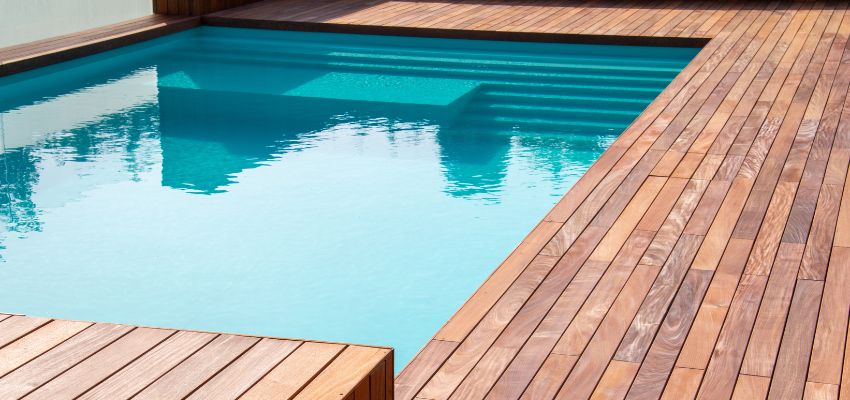
Maximizing The Benefits Of Your Pool Heat Pump
Understanding the pool heat pump running costs involves considering multiple factors. These include the pool size, desired temperature, and local electricity rates. Heat pumps might take longer to heat your pool than other methods. But their energy efficiency and long-term savings make them worthwhile. Ready to enhance your pool’s energy efficiency? Consider switching to a heat pump today.
Hire Boca’s Favorite Pool Builders
Excel Pool and Patio Solutions is your trustworthy provider of pool services in Boca Raton. We are experts in pool and patio remodeling and can handle your resurfacing needs as well. Our technicians are vetted and trained for your guaranteed satisfaction. Get to know us by browsing our website or reaching out to us with any questions.
Contact our team today to request a free estimate for pool construction, maintenance, repairs and more.
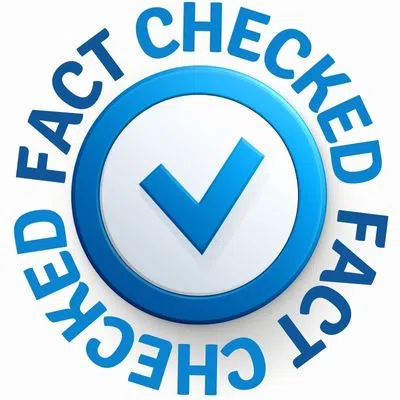
Fact Checked By Experts
This is original content and has been diligently fact checked by our internal team of experts. Discover more about the rigorous editorial standards we uphold for our website here.

About The Author
Hello! I am Corinne, a graduate of Riverside College. My career has evolved into focusing on writing, where I deliver high-quality and meticulously researched content. I have a proven track record of developing helpful articles that engage a wide variety of readers.


